Category: Lent
-

Paschal Vigil
Readings: Genesis 1:1-2:3 | Exodus 14:10-15:1 | Jonah 3 | Mark 16:1-8 Texts: Genesis 1-2; 6-9; Jonah 3 From Clement of Rome, 1 Clement chap. v.—No less evils have arisen from the same source in the most recent times. the martyrdom of Peter and Paul. But not to dwell upon ancient examples, let us come…
-
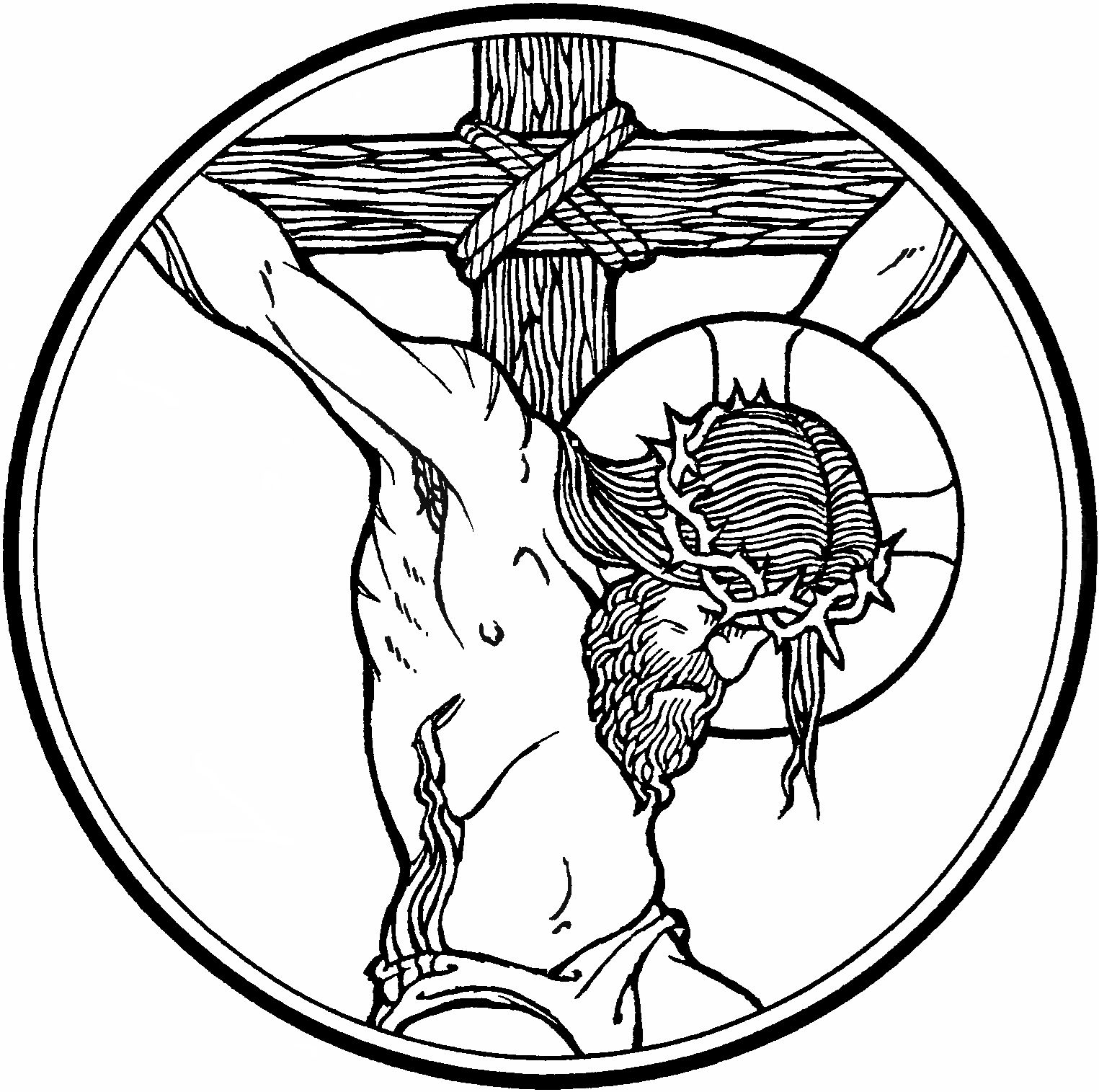
Good Friday
Readings: Isaiah 52:13-53:12 | John 18:1-19:30 Text: Isaiah 53:3-11 THE DEATH OF GOD’S SON IS THE PAYMENT FOR MY SINS AND BROUGHT ME PEACE. Still today, we sing, “Salvation Unto Us Has Come” and we hear every Sunday of the wonderful things that God has done for us. We are Lutheran; it says so on…
-
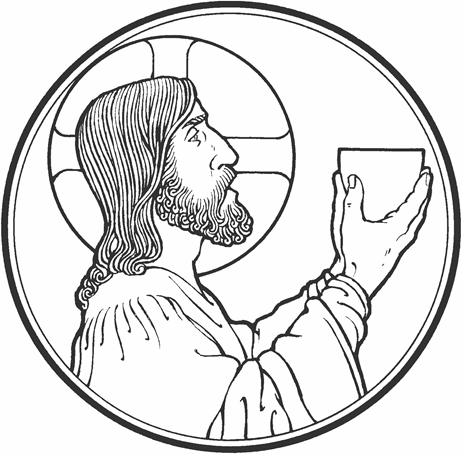
Maundy Thursday
Readings: Exodus 12:1-14 | 1 Corinthians 11:23-32 | John 12:1-15, 34-35 Text: Jeremiah 31:31-34 Jesus, being a God-fearing Jew, celebrated the Lord’s Passover every year—as a child and as an adult. But on the night in which He was betrayed, something fundamental was on the verge of changing. He was ending the covenant which God…
-

Palm Sunday
Readings: Zechariah 9:9-12 | Philippians 2:5-11 | Matthew 26-27 Text: John 12:12-19 (Procession Gospel) In St. John’s account of Palm Sunday, we find out that the crowd was composed of two main groups, both of whom knew that Jesus had raised Lazarus from the dead. The verses immediately before what we heard in the procession…
-
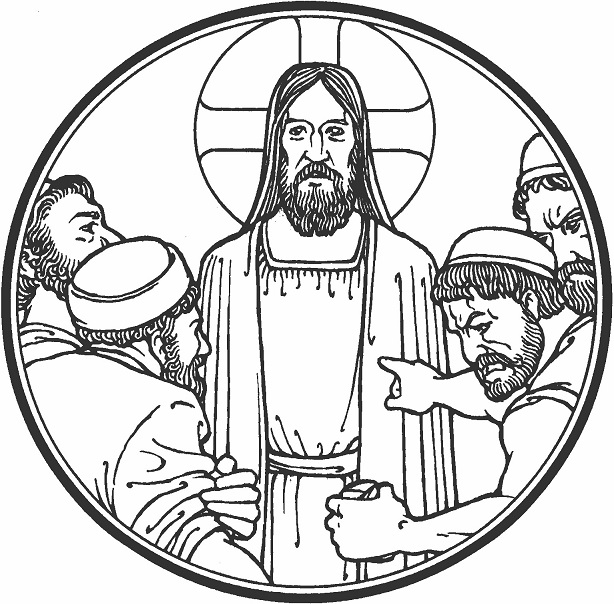
Fifth Sunday in Lent
~ Judica ~ Readings: Genesis 22:1-14 | Hebrews 9:11-15 | John 8:46-59 Text: Genesis 22:1-14 “God, what in the world are You doing? I can’t handle this! I just got done with the last wrench You threw in the works!” There are times like this, where honestly, we have no idea what our God is…
-

Fourth Sunday in Lent
~ Lætare ~ Readings: Exodus 16:2-21 | Galatians 4:21-31 | John 6:1-15 Text: Exodus 16:2-21 In 1 Corinthians 10, St. Paul makes the point that the journeys of Israel in the wilderness were written for our learning, specifically “Now these things happened to them as an example, but they were written down for our instruction,…
-
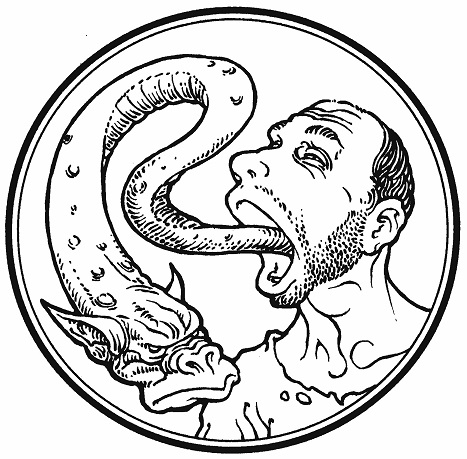
Third Sunday in Lent
~ Oculi ~ Readings: Exodus 8:16-24 | Ephesians 5:1-9 | Luke 1:14-28 Text: Luke 11:14-28 Jesus’ teachings in today’s Gospel readings go from difficult to startling. It’s one thing to say that, in broad theological terms, that Jesus is the strong man who binds the devil, and leads captivity captive, while we are brought by…
-

Second Sunday in Lent
~ Reminiscere ~ Readings: Genesis 32:22-32 | 1 Thessalonians 4:1-7 | Matthew 15:21-28 Text: Genesis 32:22-32 A few weeks ago, we heard the Parable of the Sower, where our Lord says: 13The ones on the rock are those who, when they hear the word, receive it with joy. But these have no root; they believe…
-
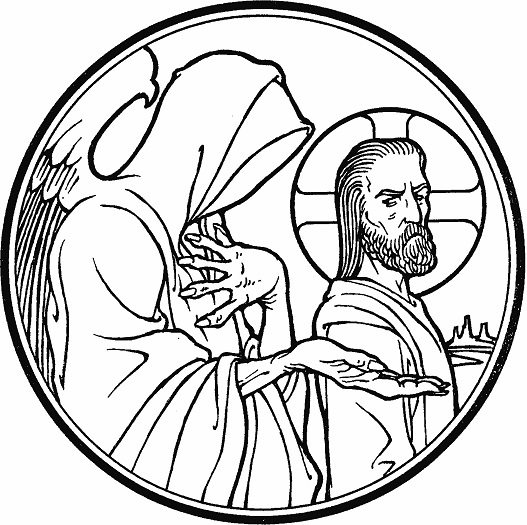
First Sunday in Lent
~ Invocabit ~ Readings: Genesis 3:1-21 | 2 Corinthians 6:1-10 | Matthew 4:1-11 Text: Matthew 4:1-11 In the Name + of Jesus. Amen. The Father honored the Son. He didn’t just identify him as his Son when He spoke from heaven at His baptism. He claimed him. He called Him His beloved, expressing His love…
-
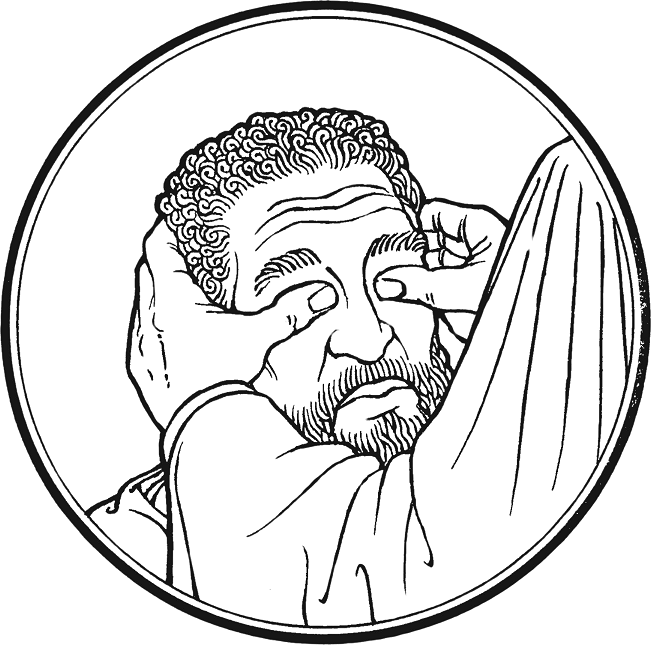
Quinquagesima
(About 50 Days until Easter) Readings: 1 Samuel 16:1-13 | 1 Corinthians 13:1-13 | Luke 18:31-43 Text: Luke 18:31-43 This text is sandwiched in between the Rich Young Ruler and Rich Zacchaeus (Luke 18:18-30; Luke 19:1-10). These provide a helpful juxtaposition to the announcement of Jesus’ suffering and His being recognized by the blind man.…